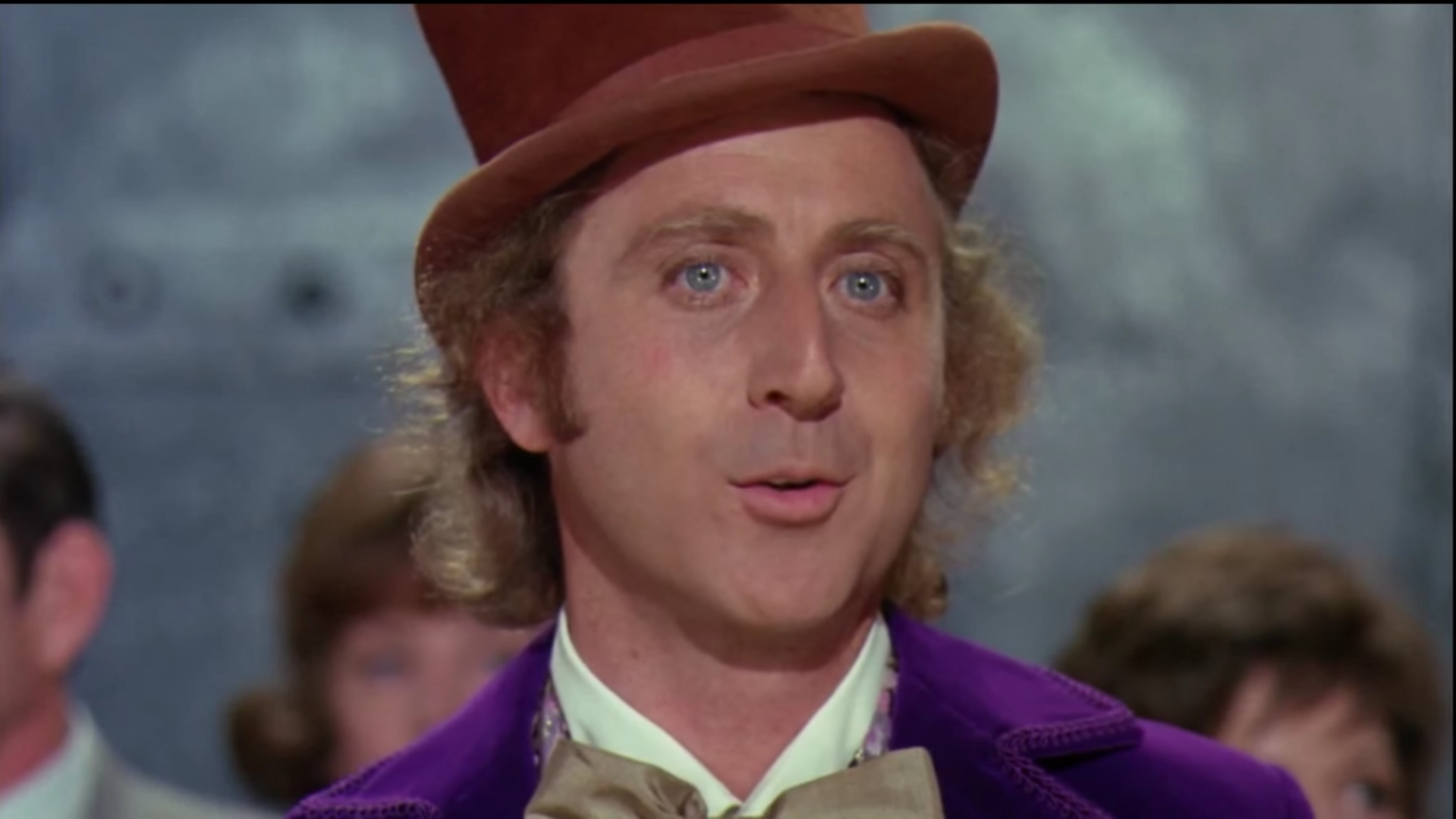In 1964, Roald Dahl, who three years before had released James and the Giant Peach, published what would become one of the most well-known children’s stories of all time: Charlie and the Chocolate Factory.
Seven years later in 1971, Willy Wonka & the Chocolate Factory, a movie with a slightly different name but largely following the book’s plot, was released. Willy Wonka & the Chocolate Factory celebrated its 45th anniversary this past June, marking over four decades in which Gene Wilder, who played the title character, terrified us during that surprisingly unsettling psychedelic boat tunnel scene.
The Charlie and the Chocolate Factory franchise was far from being over. In 2005, Tim Burton directed yet another film based on Dahl’s book, which gave the title-character role back to little Mr. Bucket. This time, the world would be perturbed both by Johnny Depp’s alarmingly pale complexion and by Deep Roy’s portrayal of every single Oompa Loompa. The second film also celebrated an anniversary, as it turned 11 on July 10.
The lasting legacy of Charlie Bucket’s story is amazing considering just how dark and unusual it is. It starts innocently enough: a giant colorful factory that makes any variation of chocolate or candy imaginable is opening its doors to a handful of lucky children. There are golden tickets that can be found and little men called Oompa Loompas who like to sing and dance. All of this makes sense, children’s movie-wise.
What makes this iconic fantasy so intriguing, and what may nfluence its staying power, are all of the not-so-deceptive dark undertones that follow. Each one of the notoriously horrible children are subjected to fates that, if you’re willing to go out on a fairly melodramatic limb, seem like sweetly kaleidoscopic versions of torture methods found in Saw films. A girl is blown up to the size of a blueberry. A little boy is shrunk and then told he must be stretched to normal height in a taffy-pulling machine. In the book and the second film, angry squirrels attack a little girl (well, she had it coming). How many children’s movies end in a way that makes the viewer unsure whether or not four of the central characters, who are all children, lived or died? Is Willy Wonka a murderer? Maybe! But he’s super nice to Charlie and has a teacup made of chocolate, so who cares?!
Although the last movie came out in 2005, versions of the story have stuck around today. Charlie and the Chocolate Factory the musical premiered in London in 2013. Middle schools and summer theater camps around the nation regularly put on performances of Willy Wonka JR.
For a story with such an odd plot, Charlie and the Chocolate Factory has stayed alive decades longer than its writer and shows no sign of being forgotten anytime soon. Like the fictional everlasting gobstopper candy, the story of Charlie Bucket’s journey through Willy Wonka’s chocolate factory may change and take on different forms, but odds are it will never be finished.



